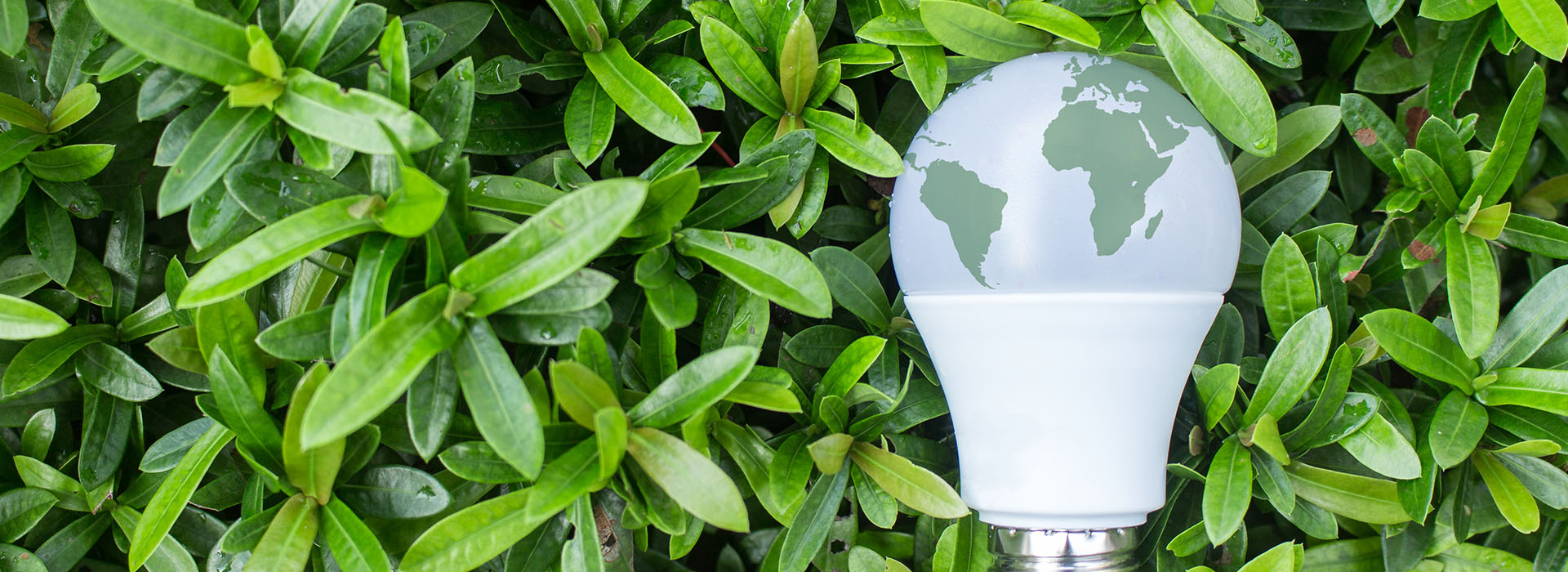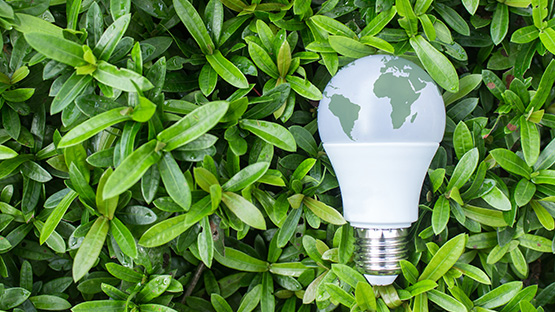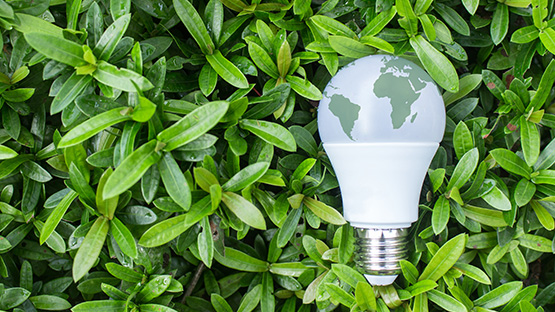Ecology in science - how is knowledge developing in this field?
Ecology

10 January 2023
Due to the numerous environmental hazards and growing environmental awareness, science and ecology are increasingly going hand in hand. Knowledge in this field is constantly being expanded and its secrets used to create ever newer, environmentally friendly solutions. Ecology - highlights and relevance in science. We suggest why ecology is important and how to explain it to children.
Ecology in science - tasks of ecology
Many people use the term ecology when talking about recycling, renewable energy sources or waste separation. It has become colloquially accepted that anything 'eco' refers to environmental protection activities, including preventing environmental degradation and repairing damage caused by humans. However, it is useful to know the difference between the scientific view of ecology and its colloquial understanding. Ecology in science studies the functioning of nature, i.e. the interaction of organisms with each other and the environment in which they live and their mutual dependencies and relationships. Its many disciplines are used for this purpose, each dealing with a different aspect of the functioning of nature, including the animal world, humans and the environment.
A key task of ecology in the scientific sense is therefore the study of the structure and functioning of ecosystems, i.e. organisms and their environment. In the case of ecology understood as a concern for the nature around us, this comes down to the development of green technologies. Their task is to provide solutions that allow energy to be extracted and many processes to be performed with the least possible damage to the environment. Improving green technologies can therefore be called science for the environment.
Divisions and types of ecology
There are two basic divisions of ecology in the scientific sense: species ecology and multispecies assemblages. The scope of species ecology includes population ecology which studies any changes that occur in the abundance, distribution or age structure of a population due to various ecological factors. It is worth clarifying at this point what ecologists think the term 'population' means. The expression is used, for example, to refer to a group of animals living in the same place and linked to each other by various relationships and interactions. This section also takes into account evolutionary ecology, which, in a nutshell, deals with the life history of species.
Multispecies assemblage ecology, on the other hand, studies the formation of ecosystems and their structure. It includes synecology (the branch that studies the functioning of groups of organisms and the interaction between them and the environment) and biocenology, briefly concerned with the functioning of biocoenoses, i.e. assemblages of organisms living in a given environment.
The different types of ecology are also distinguished on the basis of the methodology of the research conducted. According to this criterion, descriptive, functional, molecular and applied ecology can be listed. Applied ecology (sozology) deals with environmental problems. It is this branch that studies phenomena such as water or air pollution, for example. The task of sozology is to analyse changes in the environment and seek ways to mitigate their negative effects. For this reason, everyday conversations about ecological lifestyles and daily habits to take care of the nature around us largely come down to this branch of science.
The tasks of modern science and ecology
Modern science has many challenges. On the one hand, modern technologies are supposed to simplify people's daily lives and create new opportunities, while on the other hand, they must be based on solutions that do not harm the environment, animals or people. This is due to the many environmental hazards resulting from human activity, such as increasing global warming, soil contamination or high air pollution.
One of the overarching aims of ecology in science is therefore to create technologies that allow the necessary production processes to take place, while remaining as environmentally neutral as possible and using as few natural resources as possible. Knowledge of ecology helps scientists both to monitor negative changes in the environment and to reduce energy intake, atmospheric carbon dioxide emissions or safely neutralise waste.
Ecology in science - what is its importance?
Ecology in science is also crucial in creating widespread environmental awareness. It is very important that people understand how important it is to care for nature, which is why children are introduced to the first issues of ecology from an early age. Awareness of the dangers of the ongoing devastation of the environment encourages the implementation of everyday 'eco' habits that help to protect the planet.
These include even such inconspicuous activities as:
- sensible planning of purchases,
- extinguishing the light when leaving the room;
- setting only a full dishwasher.
Furthermore, ecology in science has contributed to the development and diffusion of green technologies. Among these are, for example:
- electric vehicles, which offer the opportunity to reduce vehicle emissions,
- photovoltaic panels to reduce fossil fuel consumption,
- environmentally friendly product substitutes that are used in everyday life, such as reusable shopping bags and organic fabrics,
- choosing Parcel Machines as a delivery option for online purchases.

How to teach children about ecology?
Children learn many habits at home, which is why it is important to teach them about an ecological lifestyle from an early age. It is a good idea to start by explaining the very concept of environmental protection in a simple and accessible way, presenting ecological issues in a nutshell, and then teaching small eco-friendly habits, such as turning off the water when brushing one's teeth. It is important to make the youngest children aware of the consequences of environmental degradation in a sensitive way and to raise their awareness of nature.
Various art activities with an ecological theme are an interesting method. A suggestion for pre-school children is, for example, to make a drawing of plants or animals observed during a daily walk.
An ecological learning trip to the countryside is also a good idea, where children will have the opportunity to look more closely at the elements of the ecosystem and find ecology all around us. It is also important to remember that children are great observers. If, as a parent, you perform simple actions on a daily basis, such as turning off the light when you leave the room or segregating waste, your child will assimilate them naturally. Don't be afraid of questions about ecology either - try to answer them in a simple, age-appropriate way for your child. Ecology at school also plays an important role in environmental education, enabling children to understand climate risks and their sources from a slightly more scientific angle.
Ecology in science and the future - developments and direction of research
Ecology in science has contributed to discoveries such as photovoltaic panels, electric cars and eco-friendly sewage treatment plants. The biggest challenge for the immediate future, however, is first and foremost mitigating the climate crisis, which ecologists believe must happen within the next three years. Innovative technological solutions are needed to stop the disastrous events resulting from the crisis. One example is the development by scientists of a way to extend the life cycle of lithium-sulphur batteries, which are much more environmentally friendly than the commonly used lithium-ion versions.
Ecology in the world is constantly evolving, and increasing knowledge and technological innovations make it possible to perform everyday activities in harmony with nature. It is very important to continually broaden the horizons of environmental awareness and to draw on technology that provides environmentally friendly solutions on a daily basis.
Czytaj również






